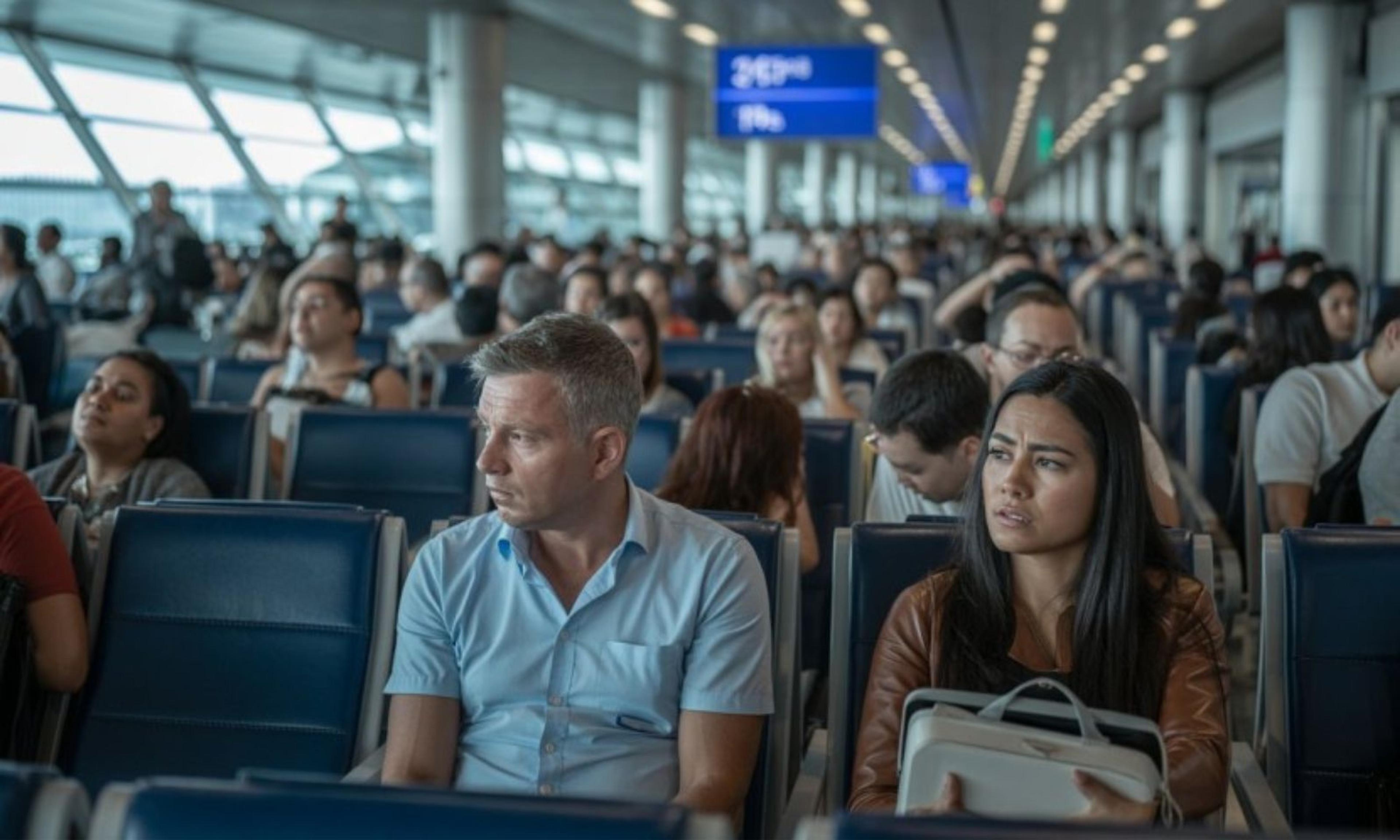

Clinical Nurse Specialist at the Starship Blood and Cancer ward Amanda Cleland has been working in the field for nearly twenty years.
Photo/PMN News/Matt Manukuo
Child Cancer Awareness Month: Finding hope in a harsh reality
September is Child Cancer Awareness Month and the disease affects 150 families in Aotearoa per year.
September is Child Cancer Awareness Month. The disease affects 150 families per year, fifteen per cent of which are of Pacific heritage.
Clinical Nurse Specialist at the Starship Blood and Cancer ward Amanda Cleland has been working in the field for nearly twenty years.
Cleland is responsible for looking after children living outside of Auckland who need to travel for appointments or treatment during their cancer journey. She also offers personable support for families navigating life in the oncology ward.
We sat down with Amanda to discuss what happens on a child's journey through cancer.
What does the start of a journey look like for patients?
There’s a number of ways children present to us. Sometimes it’s acutely through the emergency department, sometimes a GP has sent a child in for an appointment for a specialist, sometimes kids around New Zealand are flown up to Starship.
By the time they land on our ward, sometimes they know they’re in the cancer department, sometimes they don’t. Often there’s a series of tests and scans children need to go through before they are certain what we’re dealing with.
Often people are aware they’re in a cancer ward, and they see other children around, but haven’t got their final diagnosis yet. There’s a period of time where people are really scared.
And then they confirm their kid has cancer and it’s devastating.
As a parent yourself, what are some of your observations when a family is diagnosed?
I don’t know that a parent ever expects their child to have cancer, I guess they come to terms that their child is unwell. But I think it’s really hard to accept that your child has a life-threatening illness.
There’s days where people are often dazed and confused about what’s going on. There’s a lot of people willing to help that you meet nurses, doctors, dieticians, radiologists. They meet a lot of people, but they hear that word “cancer” and don’t hear a lot else.
Part of my job is supporting people day to day and helping them with what they need moving forward.
With such devastating news, how is the hospital staff able to support families?
It’s important for families to not feel any guilt for their role in their child feeling unwell. We’re really aware as a team that parents feel like they’ve done something wrong. It’s a big important message that doctors say no one has done any wrong here. Any and all reactions to the diagnosis is OK. We accept you as you are, and we will awhi (support) and support you in the way you need. There’s a lot of people in this team to help with your journey and we’ll work with you really closely to help you and your Whanau get through.
Starship Foundation Building. Photo/Starship Foundation Facebook
How do you describe cancer to someone who might not know what it is?
I would describe cancer as cells in the body that have gone rogue and started to grow in ways that are not normal the body should recognise but they grow and they cause a problem.
There’s many ways to treat cancer, but the goal is that we get rid of the cancer right away be-it surgery, chemotherapy, or radiotherapy. And ultimately it doesn’t come back! There’s lots of ways to do that but it’s not easy.
Sometimes getting rid of the cancer is the easy part, but it’s the supporting the child and the child's body to get through that grueling treatment process.
Would a highlight of your job be seeing kids able to beat cancer?
Yes, it’s an utter privilege journeying with people through a very scary time. People have varying hopes regarding their diagnosis, but it’s a privilege to walk through those dark times, and an absolute privilege to see them come out on the other side.
To have people go home, to come in and say hi. It’s a real privilege to hear what they’re doing in their lives, and just to know I was a small part to help families get through. What a joy it is to see children grow up, be happy and be centered with their families and not the hospital.
Given the life-threatening risks of cancer, what are the realities of your job?
We all hold the knowledge that sometimes things don’t go well, and don’t turn out the way we hoped. I think most of the time we hope for a cure and the kids are gonna get well.
Sometimes the hope changes, to that child being held and loved in the journey to the end of their lives. It’s a very difficult place for families and children to be in. It’s horrific.
Sometimes it happens quickly, sometimes it’s a surprise and that’s devastating for the family and for the team. Sometimes the journey is long and slow, and that can be really challenging as health professionals.
But on the flip side, it’s a pleasure to empower and support families journeying with their child and to give them wisdom
What’s your message to those families affected by cancer?
Keep the faith, stay hopeful! Don’t be shy, we want to help you and we want to know the ways that are hard for you to come in for treatment. Always ask your health professionals when you don’t understand.
I really encourage people whether they’re on the journey or not, to educate themselves and to speak up when things aren’t right. If something is not right in your body and speak to your doctor.


